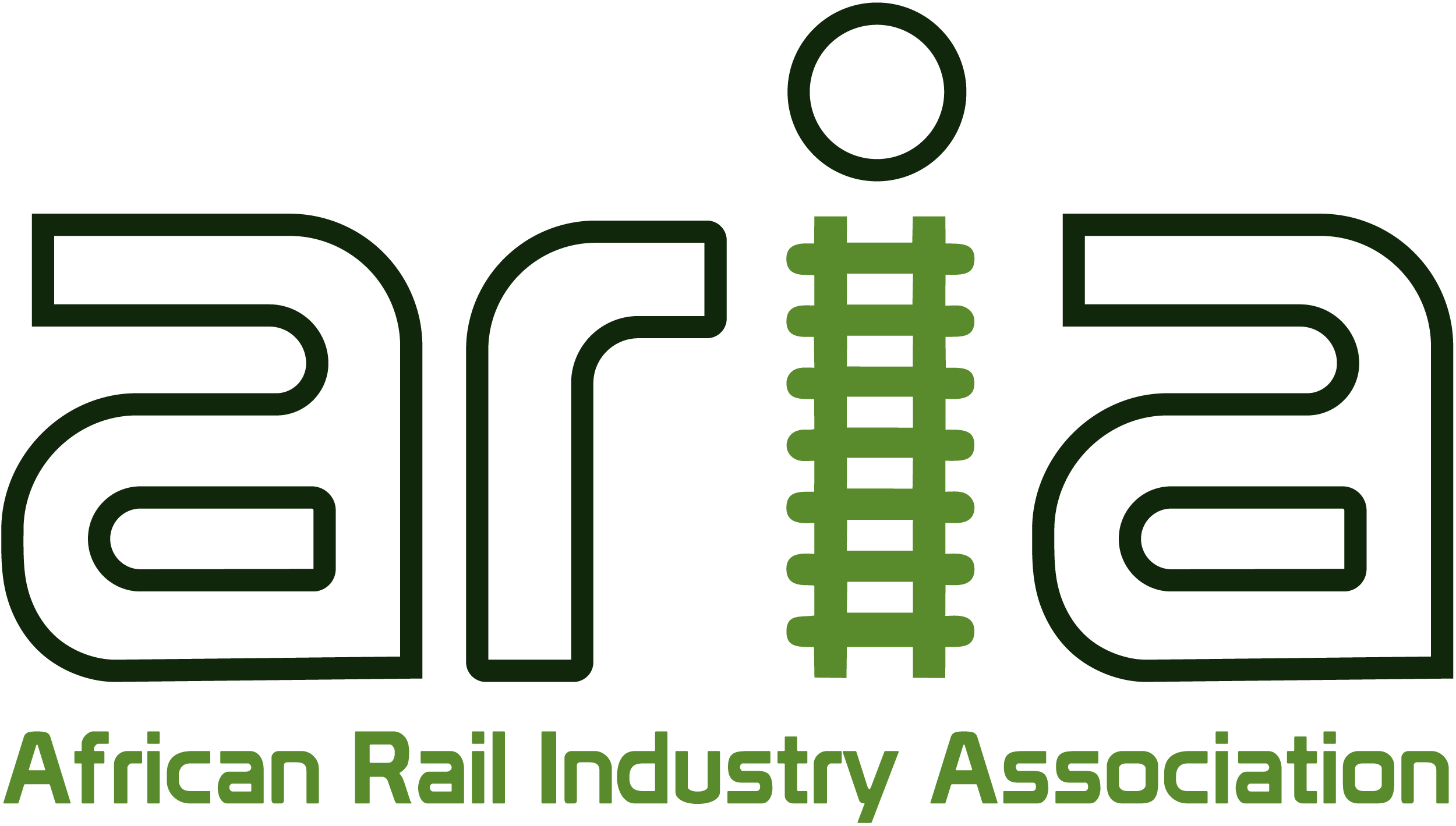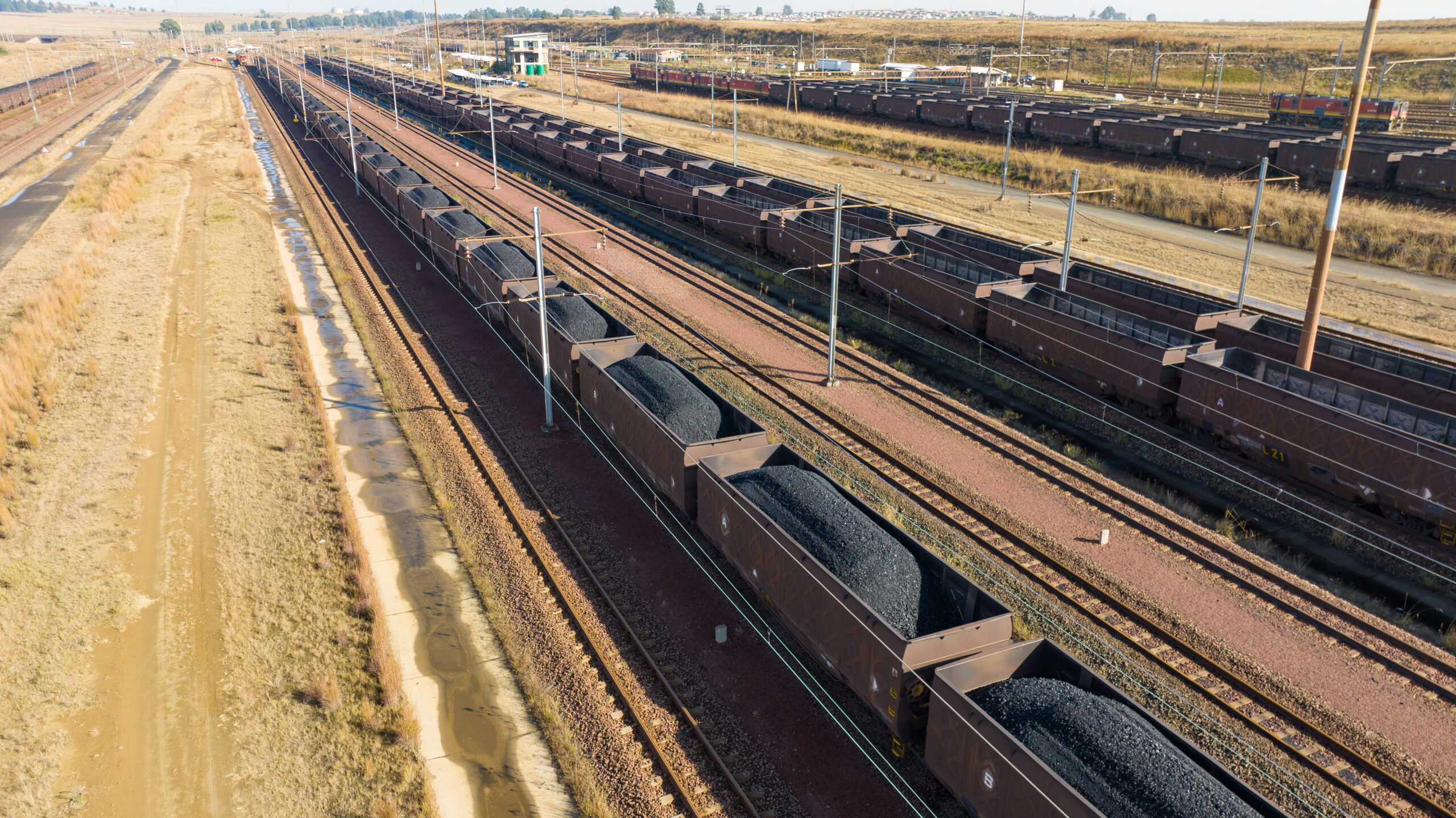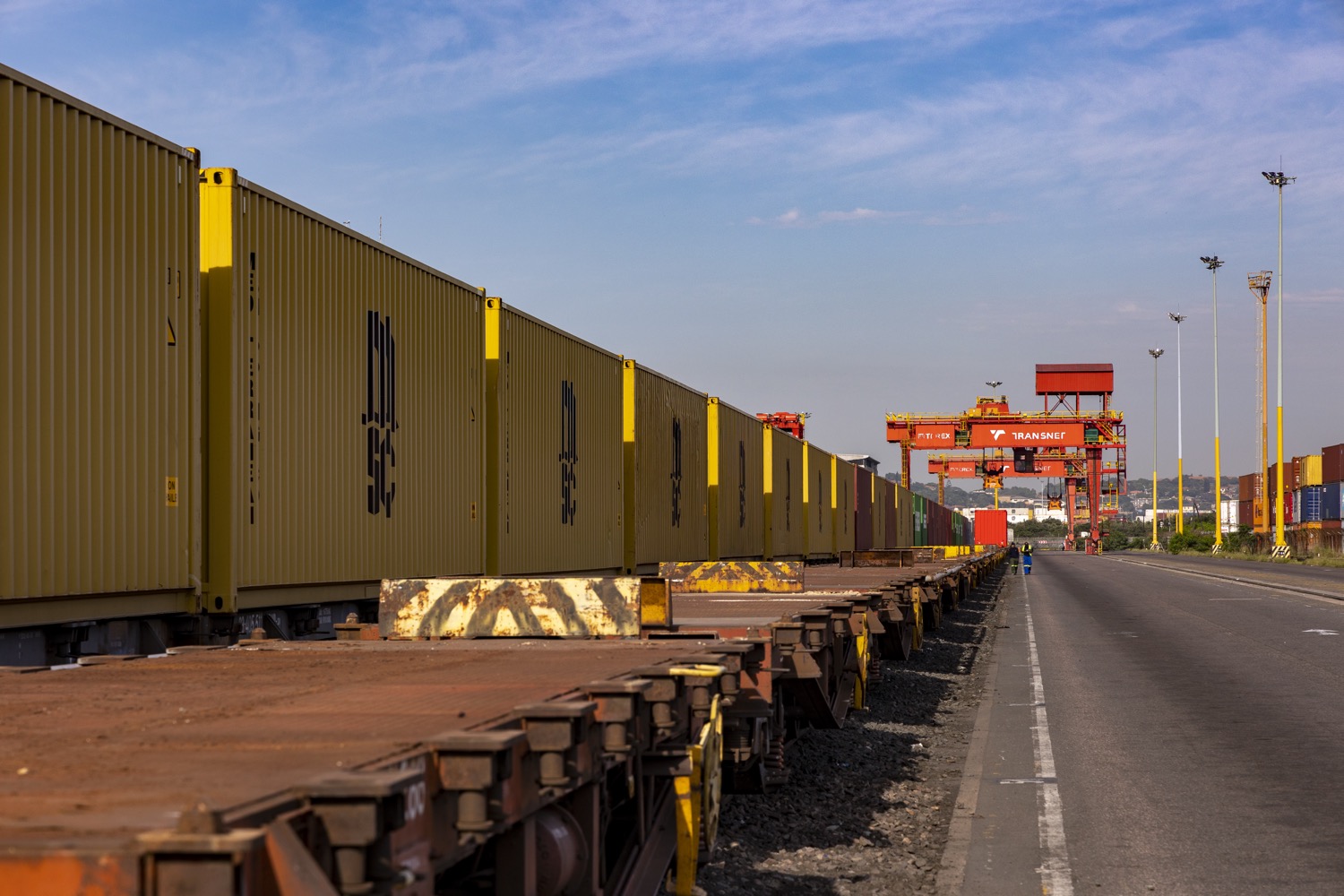
The finalisation of Transnet’s Network Statement marks a pivotal moment in the reform of South Africa’s rail sector, signalling that access to the rail network by private train operator companies will soon be a reality.
Published on 20 December 2024, following the promulgation of the Economic Regulation of Transport Act (ERT Act), the final Network Statement sets out the practicalities for TOCs to use the South African rail network with its own customers, subject to governance by the ERT Act, and economic oversight by the Transport Economic Regulator (Economic Regulator).
As previously discussed in our article of Embracing privatisation of the rail industry in South Africa: Transnet’s Network Statement, the Network Statement, if implemented properly, presents a means to reduce Transnet’s debt, which reported a loss of R7,3 billion in its most recent financial year, improve the condition of South Africa’s rail network, efficiencies and connectivity, encourage both local and international investment and boost the South African economy, as it will benefit the larger supply chain reliant on rail and transport in general.
To date, there has been no economic regulation of the rail sector.
The regulatory structure is simple: TOCs, and Transnet are subject to an independent infrastructure manager (IM) who manages the network, and the Economic Regulator who sets access tariffs, on a transparent, equitable and non-discriminatory basis.
The coupling of the ERT Act, and the Network Statement, to give effect to South Africa’ Rail Policy for reform provides effective means to regulate access to South Africa’s rail network, and to eliminate Transnet’s historical monopoly. We have discussed the implications of the ERT Act in our article of The Promulgation of the Economic Regulation of Transport Act is a marked step towards rail reform and privatisation.
This article originally appeared on www.cliffedekkerhofmeyr.com. Read the full article here.




